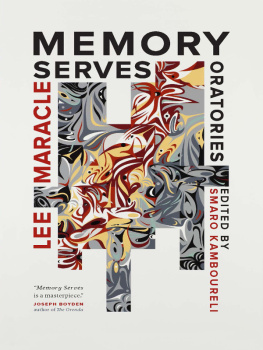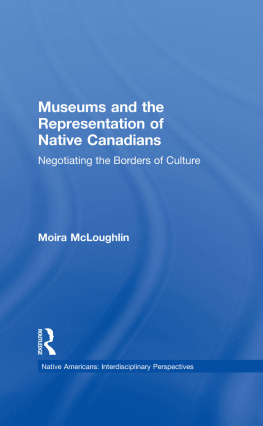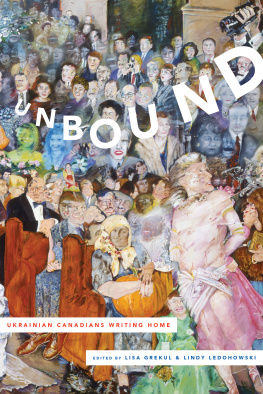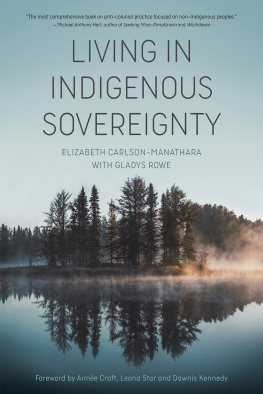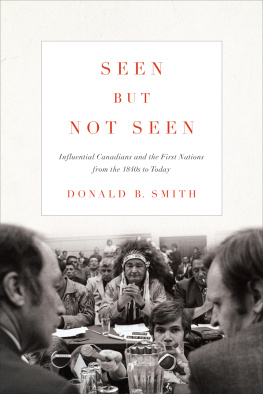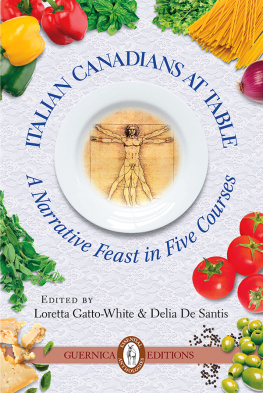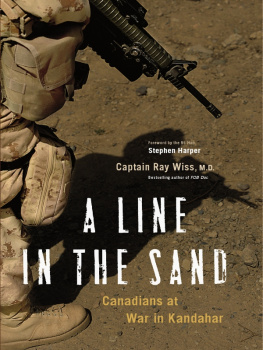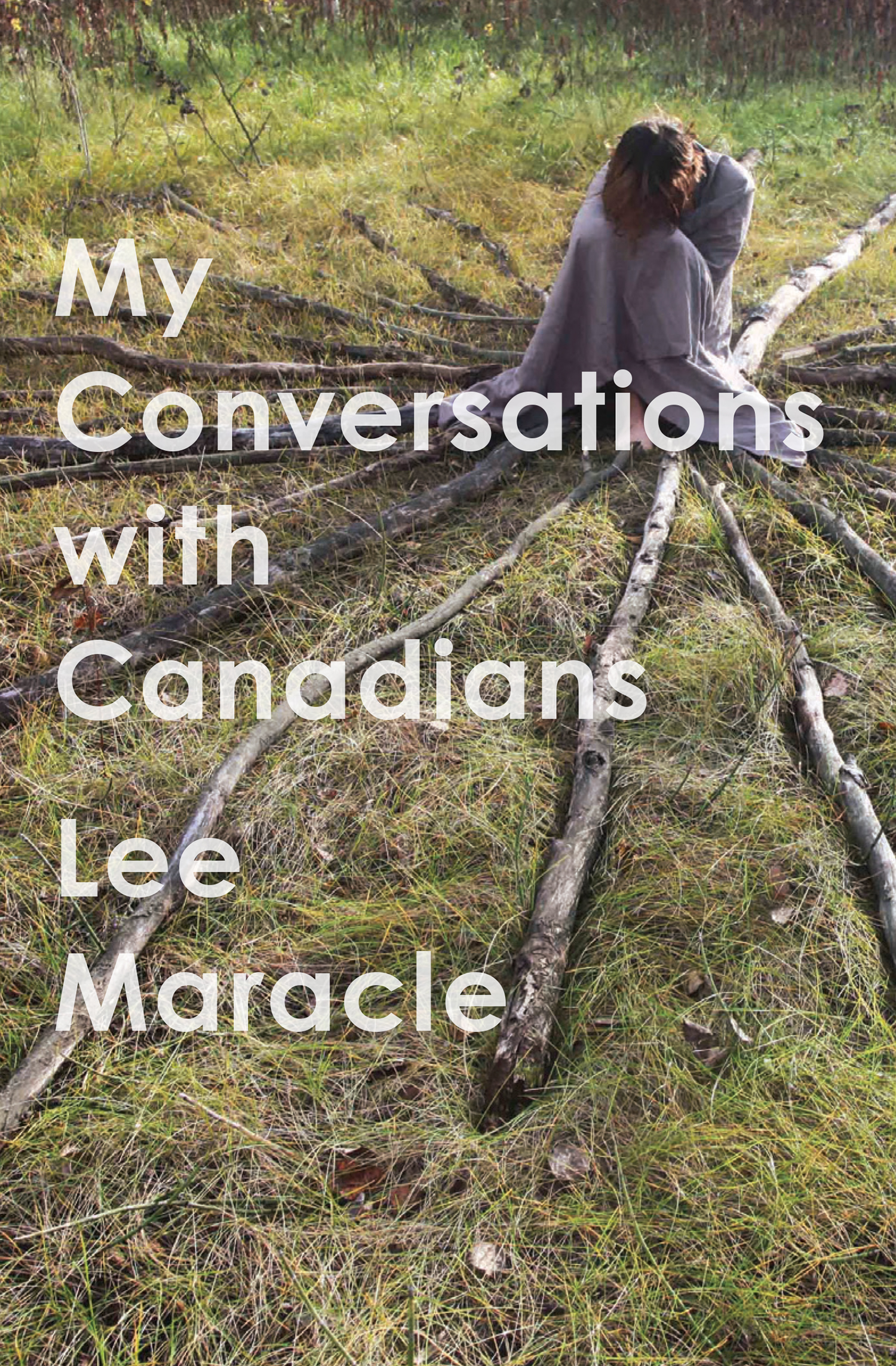Conversation 1:
Meeting the public
You are always sitting just out of reach of my kitchen table; you occupy a large space in my mind, and so I thought I would like to have a conversation with you. You are not invited into the text to respond, and for that I apologize. Instead I take it upon myself to scribble a number of chapters in response to a number of common questions. I hope to create a conversational book. Perhaps we will meet at some justice event in the future. But now, in my imagination, I locate you in my kitchen. I am living in a co-op, the first Indigenous co-op in Western Canada. The women own the units and we were influential in the design of the kitchen, living, dining rooms. This is a long kitchen/dining space bordered by windows at one end and stove, fridge, sink, and cupboards at the other. I have papered the wall halfway up in the seating area with wallpaper that is very much like the cloth I use in my quilt making. We are seated around my oak table with its ten chairs. It is an antique. It took twelve years for me to be able to afford this table. The children are in the living room, down the hall from the kitchen. This is so they can play undisturbed but be heard from the kitchen while the women gather around the kitchen table to plan the transformation of the world, so to speak. I drop a cup of coffee on the table and begin these conversations that I would like to have with you.
I have seen many of you at book launches, panels, conferences, gatherings of all sorts, including protests against some injustice or other of which there are so many. Not a single Canadian has ever approached me to say: Why are there so many injustices committed against Indigenous people? or Why is there not a strong movement of support for justice and sovereignty for Indigenous peoples sovereignty movement in Canada? Canadians love causes, but they love the causes that are far awayout of their backyard, so to speak.
Oh, wait: they dont actually have a legitimate backyard. They are here at our goodwill and by our host laws and by way of honouring our treatiesshould that happen. Most Canadians dont see it that way, however. Nothing that happens to Indigenous people, no matter how unlawful, is of much consequence to many of the people occupying Indigenous territories. In fact, just the other day, several police officers were suspended for sexually and physically abusing Indigenous women in Peterborough. While no charges were laiddue to lack of evidence (this usually means the women themselves were the only evidence, and of course, they are not normally considered credible witnesses when facing white men, particularly police)there was sufficient evidence to suspend them. The community came out and demonstrated in favour of the policeunprecedented. No other women are regarded in this fashion. Being a feminist, I await a feminist reactionnone. Again, unprecedented. It is as if no one cares.
We occupied this entire continent before the newcomers came. The border between the United States and Canada is an arbitrary one and it was only recently established1812, I believe, before Canada was Canada. Many of our nations straddle this border and live on both sides. When Britain handed the reins to Upper Canada, the new country called itself Canada. In the early period of confederation we were named as permanent immigrants to Canada. They first named us permanent immigrants to Canada, then wards of the state, children in the eyes of the law, incapable of making adult decisions, and finally we became citizens. These were all arbitrary decisions made by your various governments at various times and applied to us without consultation or choice. We were not permitted to vote. Now, everyone knows this is not Europe, it is not England, or France. It is not China, India, or Africa. So how did our land get to be a country called Canada without our consent?
Further, many Canadians, when asking questions about us, refer to us as our Natives, our Indigenous people. You consider us your possessions at best; at worst we are like a personal footnote to the Canada that is owned by Canadians. When did we ever agree to all this?
Canadians talk about us oftener than to us. Even when they are speaking directly to us, they refer to the Indians of the First Nations as though I was not First Nations. The worst insult is being labeled with the possessive our First Nations as though they owned us. The conversation about us goes on in a language of possession and distancing that no one thinks about and yet everyone is shocked at the myriad of injustices visited upon our persons every dayexcept for the injustice that begins with the story: It all started one day when Christopher Columbus landed a ship and asked to dock. The Indians said yes, and then Columbus drove a flag into the ground and established ownership of the Indies for the queen of Spain. Less than a hundred years later, some captain did the same in Canada for the French Crown, then another captain drove his flag into the ground in the name of the British Crown, and everyone thinks that was all it took to establish Canada as a colony of England or Francedepending on your national persuasion. You are convinced this is all yours and that we are a footnote owned by you.


